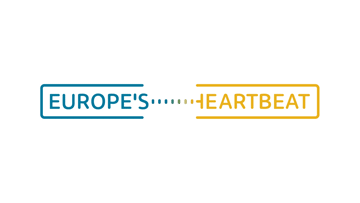Entrepreneurs from non-EU countries managing a company on-site in Germany in a self-employed capacity require a residence permit for the purpose of self-employment.
The residence permit for the purpose of self-employment
Business operators who are from non-EU countries and who manage their company on location in Germany as a self-employed person require a residence permit for the purpose of self-employment (Aufenthaltserlaubnis für selbständige Tätigkeit).
This is generally issued if:
-
an economic interest or a regional need regarding the intended business activity exists,
-
positive economic consequences are to be expected from the investment project,
-
the planned investment has secure financing in place.
The local immigration office (Ausländerbehörde) individually assesses to what extent these criteria are met. It takes into account the following aspects:

The immigration office consults the local trade office (Gewerbeamt) as well as local trade and business associations, e.g. local Chambers of Industry and Commerce (Industrie- und Handelskammer) or the Chambers of Skilled Crafts (Handwerkskammer).
Who is considered to be self-employed?
Foreign business operators are considered to be self-employed if they are, for example:
-
Sole traders (including freelance professions)
-
Partners in a partnership
-
Managing partners who are no employees of the company
-
Managing directors or managerial employees with proxy or full power of attorney who personally carry a business risk
The settlement permit
A residence permit for the purpose of self-employment is limited to a maximum of three years. If the investment project is successful (and success and subsistence appear to be secure over the long term), after three years it is possible to apply for a settlement permit (Niederlassungserlaubnis). A settlement permit is unrestricted in time and place and automatically includes the right to take up gainful employment.


